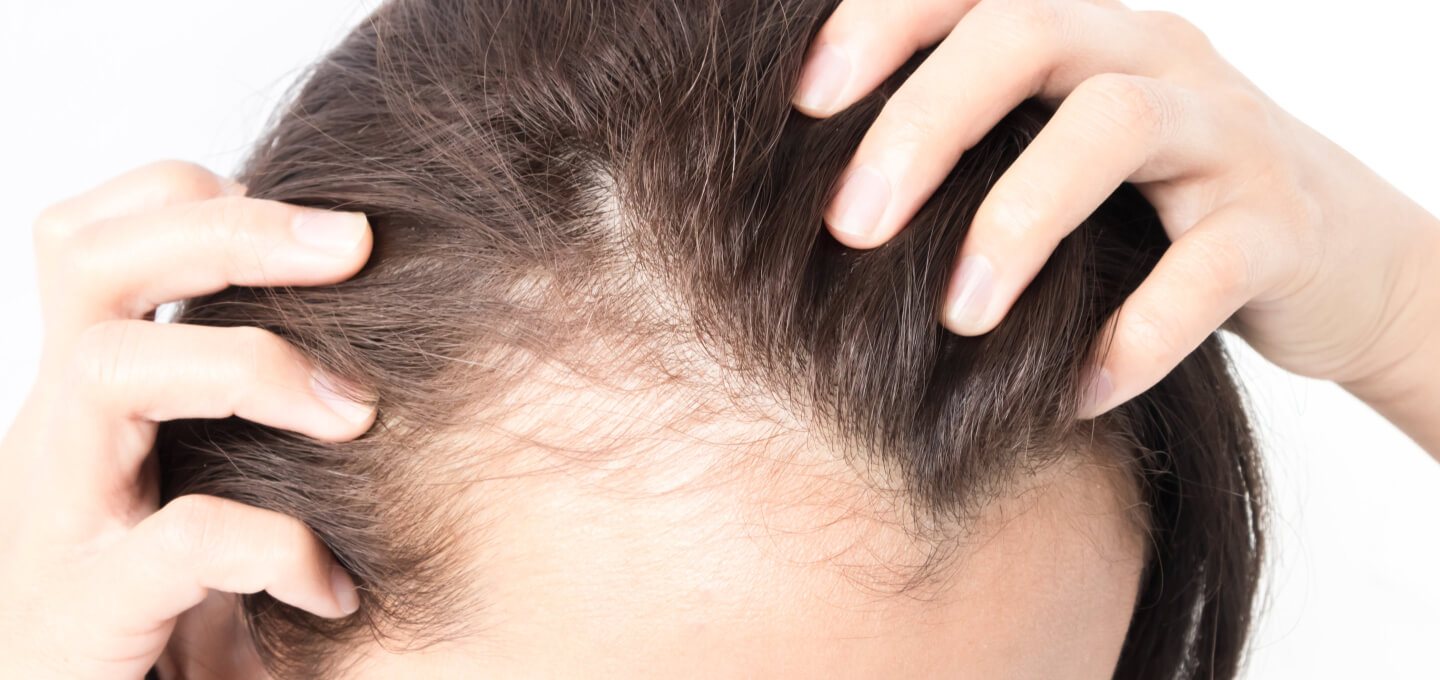News Blast: Your Daily Dose of Insight
Stay updated with the latest news and insightful articles.
Hair Today, Gone Tomorrow: The Surprising Truth About Hair Loss
Uncover the shocking facts about hair loss! Discover why it's happening and what you can do to fight back today. Don't miss out!
Understanding the Science of Hair Loss: Causes and Solutions
Understanding the science of hair loss begins with recognizing the various causes that can lead to this common concern. There are several factors that contribute to hair thinning, including genetics, hormonal changes, medical conditions, and environmental influences. For instance, hereditary hair loss, also known as androgenetic alopecia, affects both men and women and is primarily driven by genetic predisposition. Additionally, hormonal imbalances, such as those occurring during pregnancy or menopause, can result in temporary or permanent hair reduction. Other causes may include autoimmune diseases, such as alopecia areata, and stress-induced hair shedding.
To address hair loss, it's essential to explore effective solutions tailored to the underlying causes. Treatment options may include medications like minoxidil and finasteride, which have been clinically proven to promote hair regrowth. Moreover, lifestyle changes, such as improving diet, reducing stress, and incorporating hair care routines that minimize damage, can also play a significant role in maintaining healthy hair. In some cases, advanced solutions like hair transplant surgeries or platelet-rich plasma (PRP) therapy may be considered for those seeking more permanent results. Understanding the specific causes of hair loss allows individuals to choose the most appropriate solutions for their unique situation.

Myths vs. Facts: What You Need to Know About Hair Thinning
When it comes to hair thinning, there are numerous myths that can create confusion and anxiety. One common myth is that only older individuals experience hair thinning. In reality, hair thinning can affect people of all ages and genders. Factors such as genetics, hormonal changes, and environmental influences play a significant role in hair health. Understanding the differences between fact and fiction is crucial for effectively addressing this concern.
Another prevalent misconception is that frequent hair washing exacerbates hair thinning. In fact, washing your hair does not cause it to thin further; instead, it helps to remove dirt and excess oils that can inhibit healthy growth. To debunk this myth, it is essential to focus on a proper hair care routine and consult with hair care professionals to tailor treatments that suit individual needs. By separating myths from facts, we can empower ourselves to make informed decisions about our hair care.
Is Stress Really a Culprit? Unraveling the Connection Between Stress and Hair Loss
Stress is often cited as a major factor in various health concerns, but its specific role in hair loss can be elusive. Research has shown that stress can disrupt the natural hair growth cycle, leading to conditions such as telogen effluvium, where hair follicles enter a resting phase and hair falls out prematurely. In serious cases, individuals may experience more severe forms of hair loss, such as alopecia areata, an autoimmune disorder that can be triggered by intense stress. Understanding this connection is vital for addressing the underlying causes of hair loss and implementing effective solutions.
To combat stress-related hair loss, it is essential to adopt a holistic approach. Here are a few strategies that can help manage stress and promote healthier hair:
- Regular exercise: Physical activity can significantly reduce stress levels and improve overall well-being.
- Meditation and mindfulness: Practices like meditation can help calm the mind and mitigate the effects of stress on the body.
- Healthy diet: A balanced diet rich in vitamins and minerals can support hair health and help your body cope with stress.
By recognizing the impact of stress on hair loss, individuals can take proactive steps to improve both their mental health and hair condition.